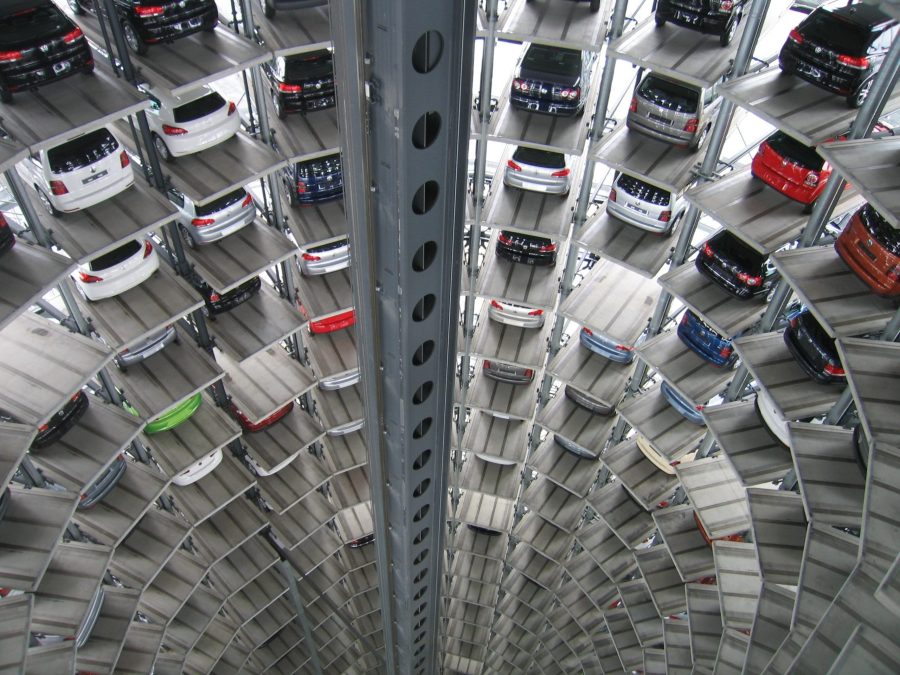The automotive landscape is undergoing a transformative shift as the world grapples with environmental concerns. The debate between electric cars and traditional internal combustion engine vehicles has taken center stage.
In this article, we delve into the pros and cons of both options, with a spotlight on the groundbreaking Tesla Model Y, to help consumers make an informed decision for a more sustainable future.

The Green Revolution in the Auto Industry
The growing concern over carbon emissions and their impact on the environment has led to a surge in interest in electric cars. While traditional cars rely on fossil fuels, electric cars are powered by electricity, resulting in significantly lower emissions and a reduced carbon footprint.
The Rise of the Electric Car
Electric cars have gained substantial traction in recent years, driven by advancements in battery technology, expanded charging infrastructure, and growing consumer awareness. The Tesla Model Y, a prominent player in the electric car market, has garnered attention for its sleek design, impressive range, and innovative features.
Performance and Efficiency
Electric cars like the Tesla Model Y offer impressive acceleration and a smooth driving experience, often outperforming their gasoline counterparts. Additionally, electric cars are more energy-efficient, converting a higher percentage of stored energy from the grid to power at the wheels.
Charging Infrastructure: The Electric Edge
Charging infrastructure is a critical factor in the electric car equation. While traditional cars rely on gas stations, electric cars require charging stations. The charging network has been expanding rapidly, making electric car ownership more convenient.
Range and Practicality
Range anxiety, the fear of running out of battery while driving, has been a concern for electric car buyers. However, modern electric cars, including the Tesla Model Y, boast impressive ranges that make them suitable for daily commutes and longer trips.
The Appeal of Traditional Cars
Traditional cars still maintain their appeal, especially for those who prioritize affordability and convenience. Gasoline is readily available, and traditional cars generally have a longer range and quicker refueling time than electric cars.
Environmental Impact
Traditional cars contribute significantly to air pollution and greenhouse gas emissions. On the other hand, electric cars produce zero tailpipe emissions, making them a cleaner option for reducing air pollution and combating climate change.
Making the Choice: A Sustainable Future
The choice between electric and traditional cars is a complex one. Factors such as charging infrastructure, driving habits, and budget all play a role. The Tesla Model Y stands as a symbol of the electric car movement, but both options have their merits. As technology advances and the automotive industry evolves, consumers are presented with an opportunity to make greener choices that align with their values and contribute to a more sustainable future.


